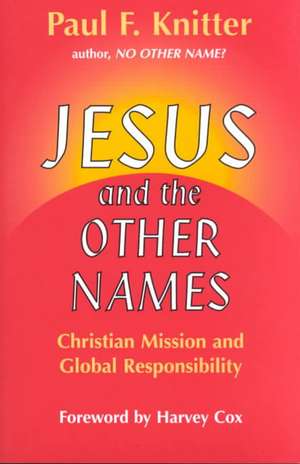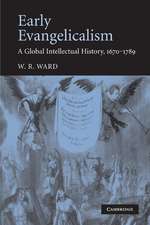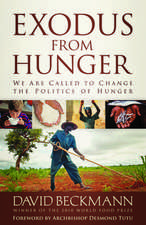Jesus and the Other Names: Christian Mission and Global Responsibility
Autor Paul F. Knitteren Limba Engleză Paperback – 29 feb 1996
Preț: 129.94 lei
Nou
Puncte Express: 195
Preț estimativ în valută:
24.86€ • 25.96$ • 20.58£
24.86€ • 25.96$ • 20.58£
Carte disponibilă
Livrare economică 14-28 martie
Preluare comenzi: 021 569.72.76
Specificații
ISBN-13: 9781570750533
ISBN-10: 157075053X
Pagini: 193
Dimensiuni: 154 x 235 x 14 mm
Greutate: 0.35 kg
Editura: ORBIS BOOKS
ISBN-10: 157075053X
Pagini: 193
Dimensiuni: 154 x 235 x 14 mm
Greutate: 0.35 kg
Editura: ORBIS BOOKS
Notă biografică
Paul F. Knitter is professor of theology at Xavier University in Cincinnati. He received the Licentiate in Theology from the Pontifical Gregorian University in Rome and studied under Karl Rahner before becoming the first Roman Catholic to earn a Doctorate in Theology from the Department of Protestant Theology at the University of Marburg. General Editor of Orbis Book's acclaimed Faith Meets Faith Series, he is author of the classic No Other Name?
Textul de pe ultima copertă
"What are Christians to make of their mission in an pluralistic world?" asks Paul F. Knitter, author of the landmark work in interfaith dialogue No Other Name? As a recognized scholar and participant in interfaith dialogue, Knitter is in a unique position to explore the key concept of what Christian mission must entail in a world that will remain a world of many religious faiths for the foreseeable future. From the first chapter of Jesus and the Other Names, which recounts his own theological and dialogical odyssey, Knitter constructs what he calls a "correlational, globally-responsible theology of religions" as a necessary correction to traditional pluralist and exclusivist approaches. By anticipating and addressing his critics - both conservative and liberal - Knitter makes a powerful argument for a reconstruction of mission faithful to the Christian imperative and dynamically attuned to the plurality of the world. Jesus and the Other Names will give pause to those who believe Christian mission can be carried on as it was in the modern era. Sure to inspire debate as well as dialogue it offers a more humble, but perhaps more "Christic", postmodern approach to mission in the new millennium that has little to do with earthly glory and nothing to do with the sense of cultural superiority that has so often - and often so tragicallyaccompanied modern missionary movements. Theologians, missiologists, Christian historians, can all benefit from its thoughtful and timely message.
















